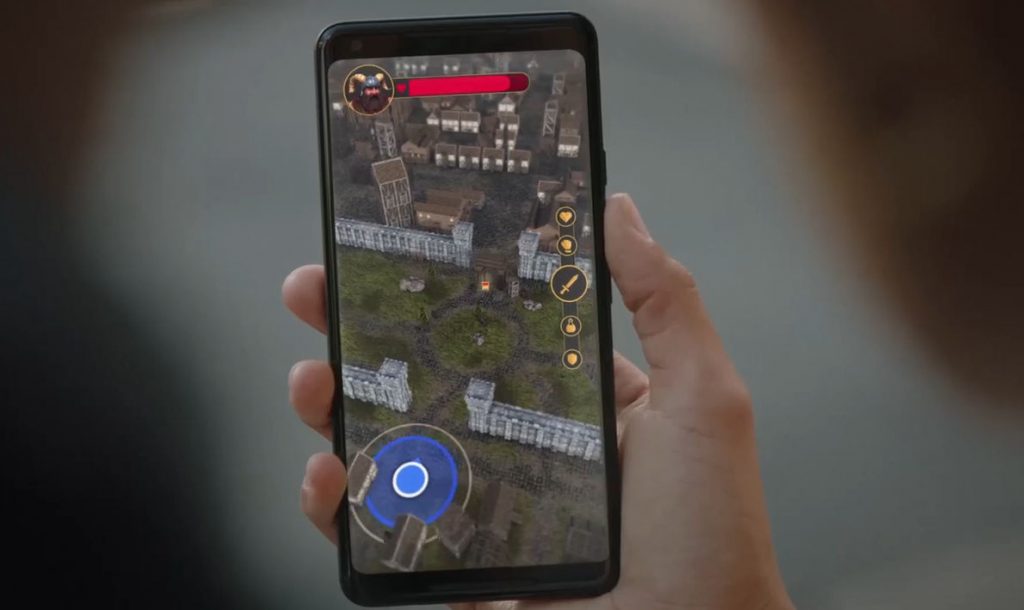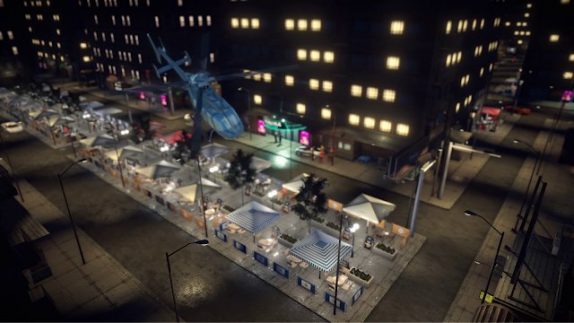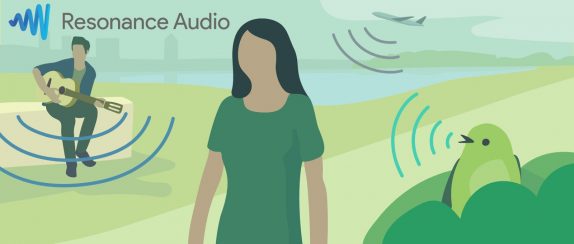
Google with an aim to bring more real-world games like Pokemon Go, is opening up its Maps API for game developers to build their games. For an open-world game, developers first need to understand the physical environment around their players.

With Google Maps APIs developers can take advantage of the tired and tested model of the world in building their games. Maps offer real-time updates and rich location data which makes it easier for developers to find the best places for playing games. Furthermore, it is bringing the Google Maps to the Unity game engine and has turned the buildings, roads, and parks into GameObjects in Unity, where developers can then add texture, style, and customization that will match with the game.
Game developers will now have access to 100 million 3D buildings, roads, landmarks, and parks from over 200 countries that they can use to deliver rich gaming experiences. Developers who sign up will have access to real-time Google Maps data and will be a part of the new Utility tool which is one of the most popular game engines in the world. This makes it easy to incorporate this mapping data into a game.
Google has already partnered with game developers, and the first wave of games include the recently announced Jurassic World Alive, The Walking Dead: Our World, and Ghostbusters World. Like Pokemon Go, these games too combine augmented reality and location-based gameplay bringing fictional characters to the real world.
That’s not it, Google is also open-sourcing its Spatial audio SDK which was launched last year, and this enables developers to create more realistic VR and AR experiences on mobile and desktop. Through this open source, spatial audio project optimized for mobile and desktop computing, developers of any platform or software development can easily integrate with Resonance Audio.

As a part of this open-source, it is providing a reference implementation of YouTube’s Ambisonic-based spatial audio decoder, compatible with the same Ambisonics format (Ambix ACN/SN3D). This reference implementation will let developers easily render Ambisonic content in their VR media and other applications while benefiting from Ambisonics open source, the royalty-free model. It is making its entire library of highly optimized DSP classes and functions, open to all.
